The Minister of Investments and European Projects (MIPE), Marcel Bolos, pleaded in Brussels for a future strong Cohesion Policy, which should remain the EU's main long-term structural investment policy, in support of harmonious development and the elimination of development disparities, the relevant ministry announced on Friday.
According to the cited source, the Minister of Investments presented, on Friday, March 28, within the General Affairs Council - cohesion format, organized in Brussels, the common position of 16 member states supporting the importance of a strong cohesion policy in the post-2027 EU budget.
"I spoke to the Council about the need for a strong future cohesion policy to ensure economic growth, convergence and competitiveness. It is an essential approach in the current global and geopolitical context, marked by rapid changes and the speed of reaction to potential crises. A strong cohesion policy is a key driver for convergence, resilience and competitiveness, which are fundamentally interconnected and mutually reinforcing. This is precisely why it is necessary for the next multiannual financial exercise to allocate a solid budget, at least as generous in real terms as the one for the current programming period, to support the less developed regions and enable the achievement of the European Union's strategic objectives," Marcel Bolos said, quoted in the press release.
The Member States supporting the initiative presented to the Council by Romania are: Bulgaria, Cyprus, Czech Republic, Estonia, Greece, Spain, Croatia, Hungary, Italy, Lithuania, Latvia, Malta, Portugal, Slovenia and Slovakia.
The joint document of the 16 European countries on the future of cohesion policy underlines the importance of continuing strong and balanced support for all regions of the Union, in order to strengthen economic, social and territorial cohesion, the cited source states.
The 16 member states have asked the European Commission to propose a budget for cohesion policy within the future Multiannual Financial Framework that is at least equal, in real terms, to that allocated for the 2021-2027 programming period, in order to prevent a drastic reduction in allocations for less developed regions or member states, ministry representatives specify.
The importance of maintaining regional GDP per capita as the main criterion for classifying regions was also emphasized.
"Another essential point is to maintain the shared management of cohesion funds, to allow regions to implement the investments necessary for convergence and competitiveness, based on the needs and opportunities specific to each territory," the press release reads.
The Council discussed the presidency document - "A more dynamic and strategic cohesion policy: making a difference in the current and future perspective".
Thus, Member State officials debated how the cohesion policy objectives set out in the EU Treaty should be achieved and how multi-level governance should be promoted in the new EU policy architecture.
At the same time, the Council approved a set of conclusions on cohesion and cohesion policy after 2027, which underline the importance of economic, social and territorial cohesion and its role in addressing the challenges facing the EU.
"For the 2007-2013 and 2014-2020 multiannual financial frameworks, Romania received almost 88 billion euros from the European Commission. For the current multiannual financial exercise, 2021-2027, Romania has an EU allocation of approximately 31 billion euros, the programs through which these funds will be attracted having a total budget of approximately 45 billion euros," the document also reads.
According to the quoted source, the projects financed in this financial year must be implemented by the end of 2029.
"The amount collected by Romania from post-accession funds allocated by the European Union was over 101 billion euros at the end of February 2025," the document also states.

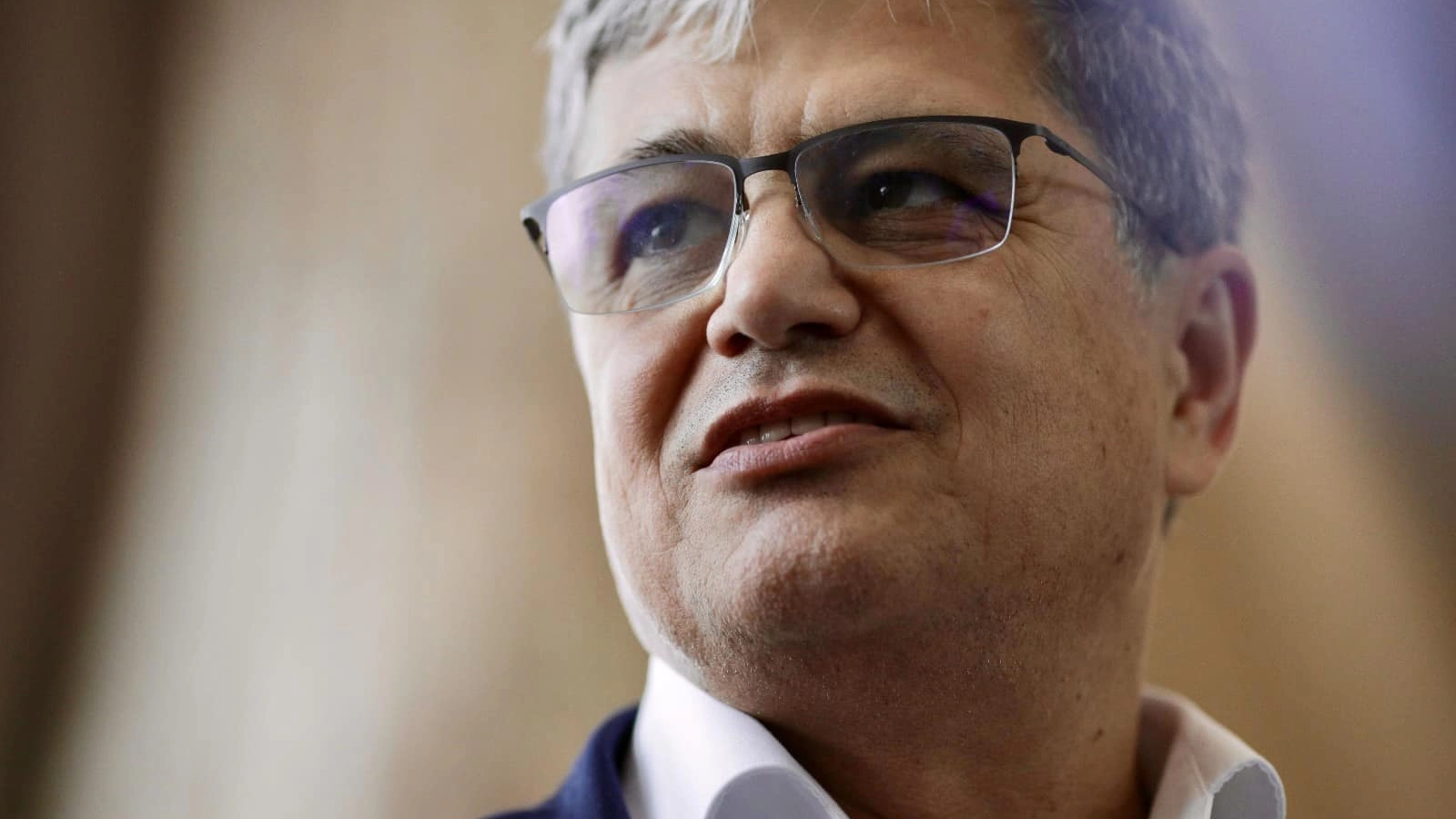


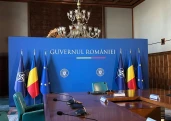

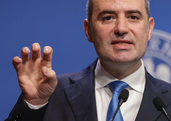
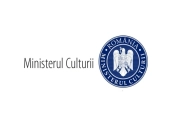


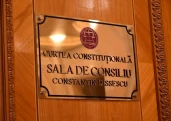



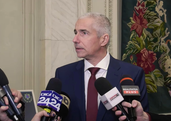





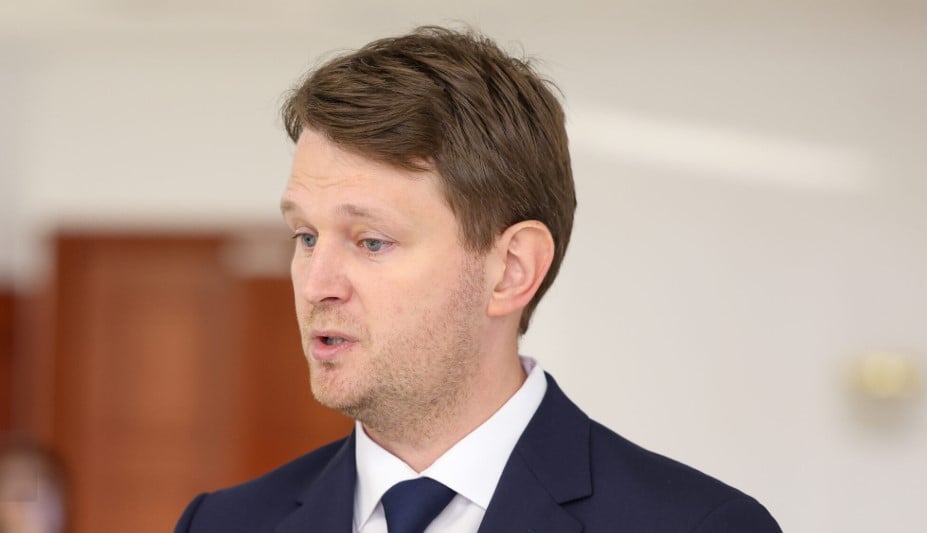

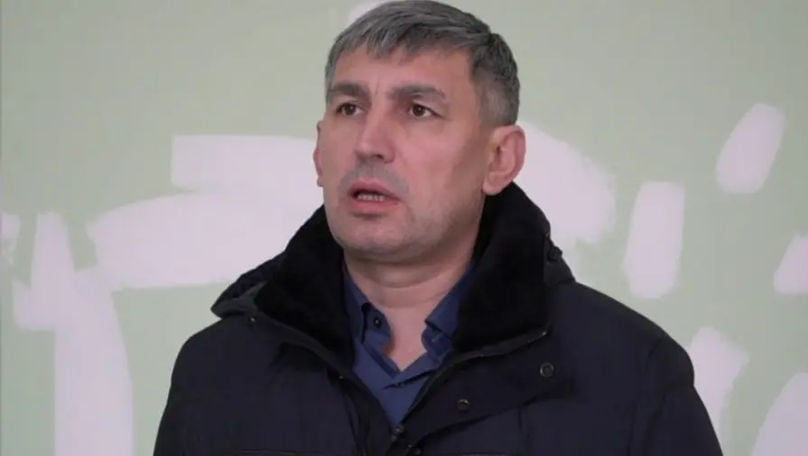
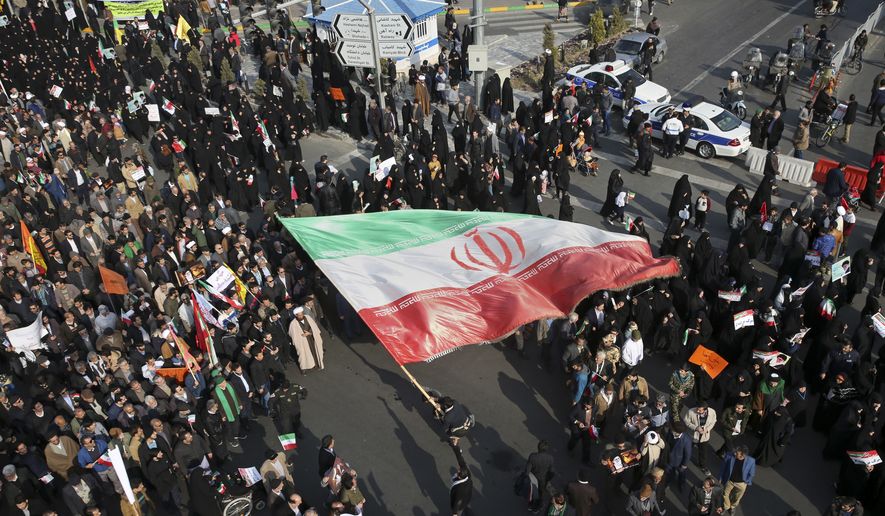








Comentează